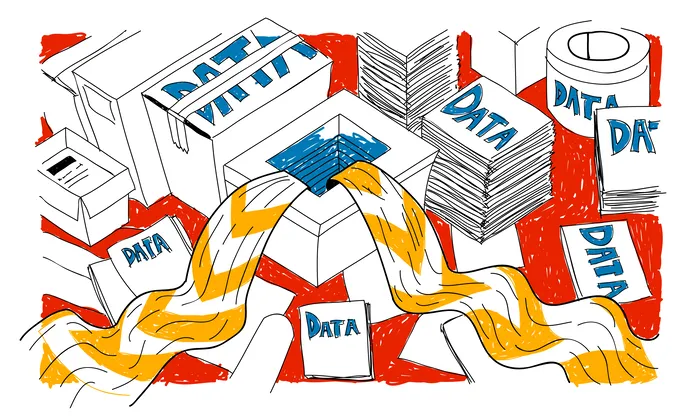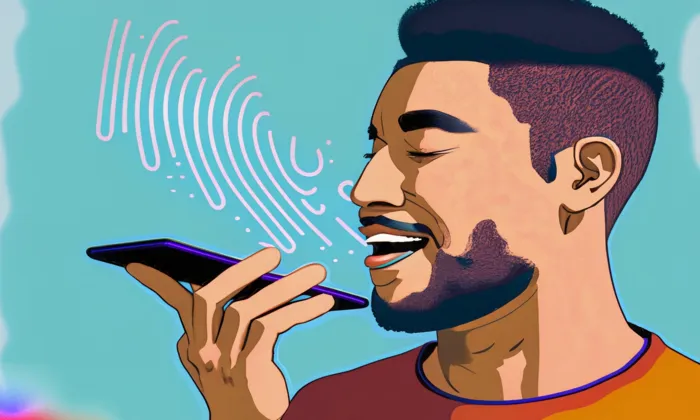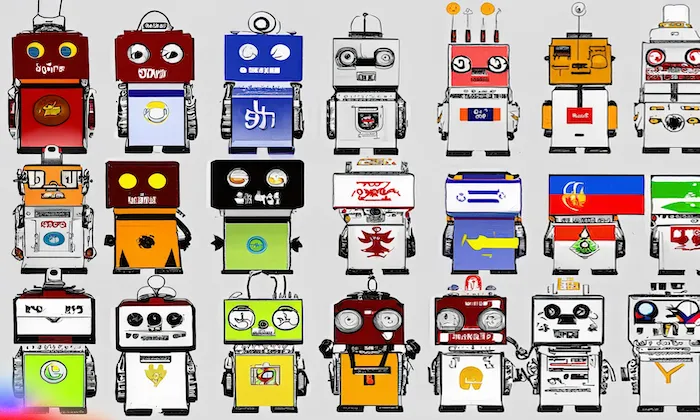Is it possible to clone a child’s voice using age-specific datasets?
Voice Cloning
Education
Speech AI
Cloning a child's voice using age-specific datasets is achievable, but it requires a careful balance of quality data, ethical considerations, and understanding of voice characteristics. This capability relies heavily on the quality and diversity of training data, advancements in voice synthesis technology, and adherence to ethical standards.
What is Voice Cloning and Why Age-Specific Datasets Matter?
Voice cloning involves creating a synthetic voice that closely resembles a specific individual's voice. It leverages deep learning algorithms to analyze audio samples and generate new speech that sounds similar. Cloning a child's voice presents unique challenges, not only technically but also ethically, as it involves sensitive age-specific data.
Age-specific datasets are crucial for accurately cloning a child's voice due to distinct vocal attributes:
- Vocal Characteristics: Children's voices differ in pitch and emotional range compared to adults. Age-specific datasets capture these nuances, ensuring realistic and convincing results.
- Developmental Variability: As children grow, their vocal characteristics change. Age-specific datasets help maintain authenticity in the cloned voice, making it adaptable for various applications like educational tools and virtual assistants.
Key Steps in Cloning a Child’s Voice
- Data Collection: High-quality recordings are essential. Typically, these are done in professional studios to ensure clarity, recorded in WAV format at 48kHz with a 24-bit depth. Speech data collection is crucial for this process.
- Annotation and Structuring: Meticulous annotation with metadata like age and emotional tone is crucial. This helps train algorithms to recognize subtle vocal differences. Speech & Audio Annotation services ensure the data is accurately labeled for training.
Ethical Considerations in Child Voice Cloning
Cloning a child's voice raises important ethical concerns:
- Informed Consent: It's vital to obtain explicit permission from guardians, ensuring they understand how the voice data will be used.
- Usage Limitations: Cloned voices should not be used in ways that could mislead or harm, such as impersonation or unauthorized commercial use.
Ensuring Ethical and Authentic Voice Data with FutureBeeAI
For AI projects needing authentic, age-specific voice data, FutureBeeAI can provide top-tier, ethically sourced datasets tailored to your needs. Our platform ensures precision and compliance, delivering production-ready datasets swiftly and securely.
Smart FAQs
Q. What are the challenges in cloning a child’s voice?
A. The challenges include capturing the distinct pitch and emotional range of children's voices, handling developmental changes as children grow, and ensuring ethical data collection practices, especially in obtaining consent from guardians.
Q. How can FutureBeeAI help with age-specific voice datasets?
A. FutureBeeAI specializes in providing ethically sourced, high-quality age-specific voice datasets. We ensure that all data is collected in professional settings, with meticulous annotation and compliance with ethical standards, making it suitable for AI applications.
What Else Do People Ask?
Related AI Articles
Browse Matching Datasets
Acquiring high-quality AI datasets has never been easier!!!
Get in touch with our AI data expert now!








